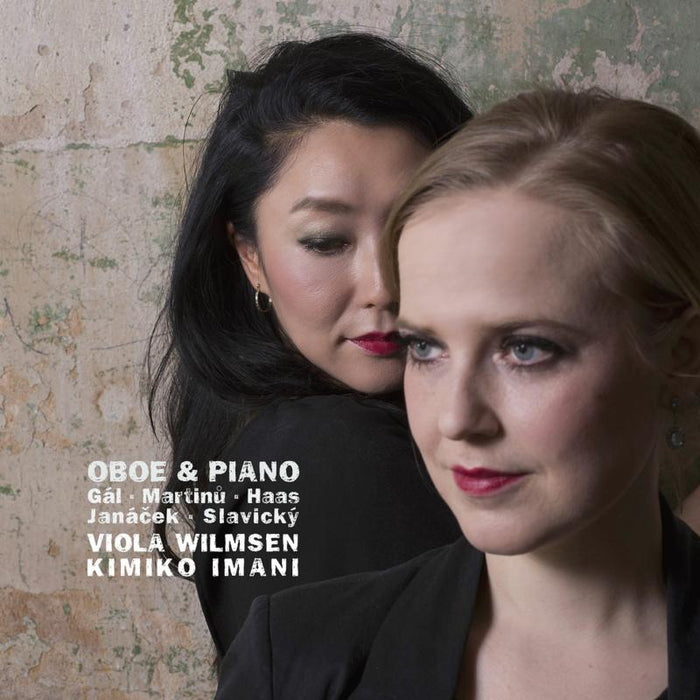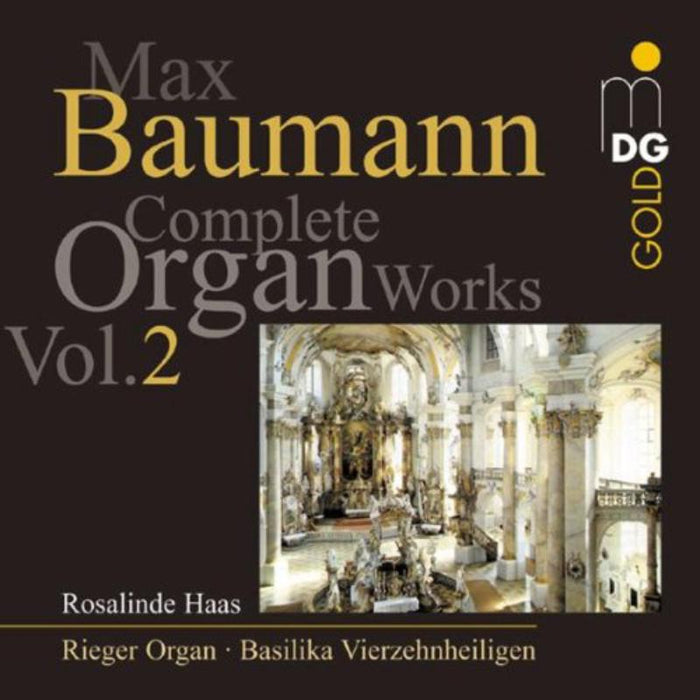Description
Max Reger (1873- 1916)Organ Works Volume 1 Ten Pieces for Organ, Op. 69Preludes and Fugues I Op. 85, Nos. 1 -3 The Viennese critic Max Graf's earliest impressions ofMax Reger are characteristic. 'In so many ways he reminded one of a thick-setGerman student, who drank from morning until night, and wrote colossal fugueswith three subjects... he resembled a nervous and incoherent Bach, producingmusic as incessantly as he smoked thick cigars!' Reger remains one of theforemost composers of organ music of the twentieth century and, by universal consent,a true master of the instrument, heir to the traditions of Johann SebastianBach. Maximilian Johann Baptist Joseph Reger was born in Brand, Bavaria, on 19th March 1873, the son of Joseph and Philomena Reger. Hereceived his earliest musical instruction from his father, an amateur oboistand double-bass player, a schoolmaster by profession, and author of a harmonytextbook once widely used throughout the German school system. When he waseleven he was placed under the supervision of Adalbert Lindner, town organistof Weiden. Lindner's kindly, but discriminating and musically enlightenedtutelage introduced the young Reger, who, with his father's help, had alreadyrebuilt a discarded organ at home, to the works of the Viennese classicalmasters and, most important, to the defining influence of Bach, whom Regerwould continue to idolize throughout his career. Formative encounters withWagnerian music-drama at the 1888 Bayreuth Festival were no less decisive, and Reger'sapprentice compositions gave notice of his intent to forge a lastingreconciliation between the structural principles of the Baroque era, and theunprecedented harmonic freedom of late German Romanticism. These influences were further developed during studieswith Hugo Riemann in Sonderhausen, Thuringia. Reger's forthright championshipof Riemann's philosophy of functional harmony (Beitrage zur Modulationslehre,1903) inspired his own radical and independent theories, from which Riemannlater distanced himself.Nevertheless, their association was crucial to Reger'scontinuing development in the vanguard of musical modernism. Following a period of military service in Wiesbaden,during which his health was irretrievably damaged by the onset of dipsomania,Reger spent a period of recuperation at his family home in Weiden, beforemoving to Munich in 1901. Now widely regarded as a controversial figure inGerman music, with his championship of 'absolute music', he provoked strongcriticism, notably with his Violin Sonata, Op. 72, and Sinfonietta,Op. 90, conflict exacerbated by an acrimonious dispute with the criticRudolf Louis. Many other works in various genres followed, though Regercame to give ever increasing attention to organ music. His Three Pieces forOrgan, Op 7, had appeared in 1894, and the Suite, Op 16 of 1896earned the admiration of Brahms. Reger now saw the organ as 'a concertinstrument of the very finest class', and though a lif













